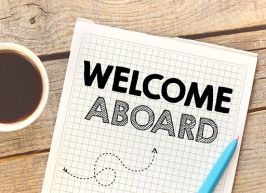Únase a getAbstract para acceder al resumen.

Únase a getAbstract para acceder al resumen.
Greg Williams
Body Language Secrets to Win More Negotiations
How to Read Any Opponent and Get What You Want
Career Press, 2016
¿De qué se trata?
Correctly reading and interpreting body language will make you a more effective negotiator.
Recommendation
Greg Williams, an expert on negotiations, shows how to use body language as an arbitration tool. Because 90% of communication is nonverbal, an ability to read and interpret body language offers an advantage. When you detect a conflict between people’s words and movement or actions, trust their body language because, Williams teaches, the body doesn’t lie. He explains “microexpressions” and tells you how to identify psychological blocks, “triggers” and “hot buttons.” His instructions will help any negotiator and have particular relevance for women and others who may have difficulty negotiating salary demands. getAbstract recommends Williams’s insightful lesson in interpreting body language to anyone negotiating anything.
Summary
About the Author
Greg Williams is a speaker and body language authority.

























Comment on this summary